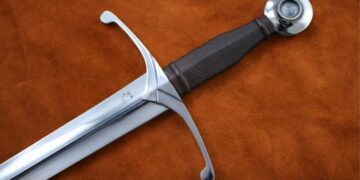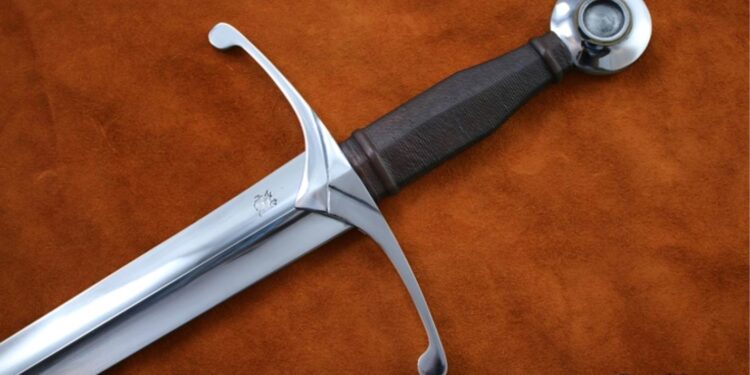By Ebi Kesiena
Archaeologists in Egypt have unearthed a 3,000-year-old bronze sword believed to be connected to Pharaoh Ramesses II, a figure some scholars associate with the Biblical Exodus story.
The discovery was made at Tell Al-Abqain, a former military outpost near Housh Eissa, south of Alexandria.
The sword, found among the ruins of an ancient fort, likely belonged to a high-ranking military officer serving under Ramesses II, who ruled from 1279 to 1213 BC.
Popularly known for his military prowess, Ramesses led Egypt’s armies to expand the empire and is considered one of the most powerful pharaohs in history. His reign is often linked to the story of Moses leading the Israelites out of Egypt.
Although the sword is not believed to have belonged to Ramesses himself, it bears the royal cartouche, indicating it was a prestigious item. According to Egyptologist Elizabeth Frood, this suggests the owner was of significant status.
The fort where the sword was uncovered protected Egypt’s northwestern borders from potential invasions, particularly from Libyan tribes and the Sea Peoples, who were defeated by Ramesses III in 1178 BC.
In addition to the sword, archaeologists discovered various artifacts, including jewelry, scarabs, and amulets, shedding light on the lives of the soldiers stationed at the fort. The Egyptian Ministry of Tourism and Antiquities noted that these findings provide valuable insights into the daily life and beliefs of the military personnel of that era.
The site also revealed limestone blocks inscribed with the titles of Ramesses II and a high-ranking official named Bay. Ramesses is remembered for his military expeditions and for leading the famous Battle of Kadesh, one of the largest chariot battles in history.




































